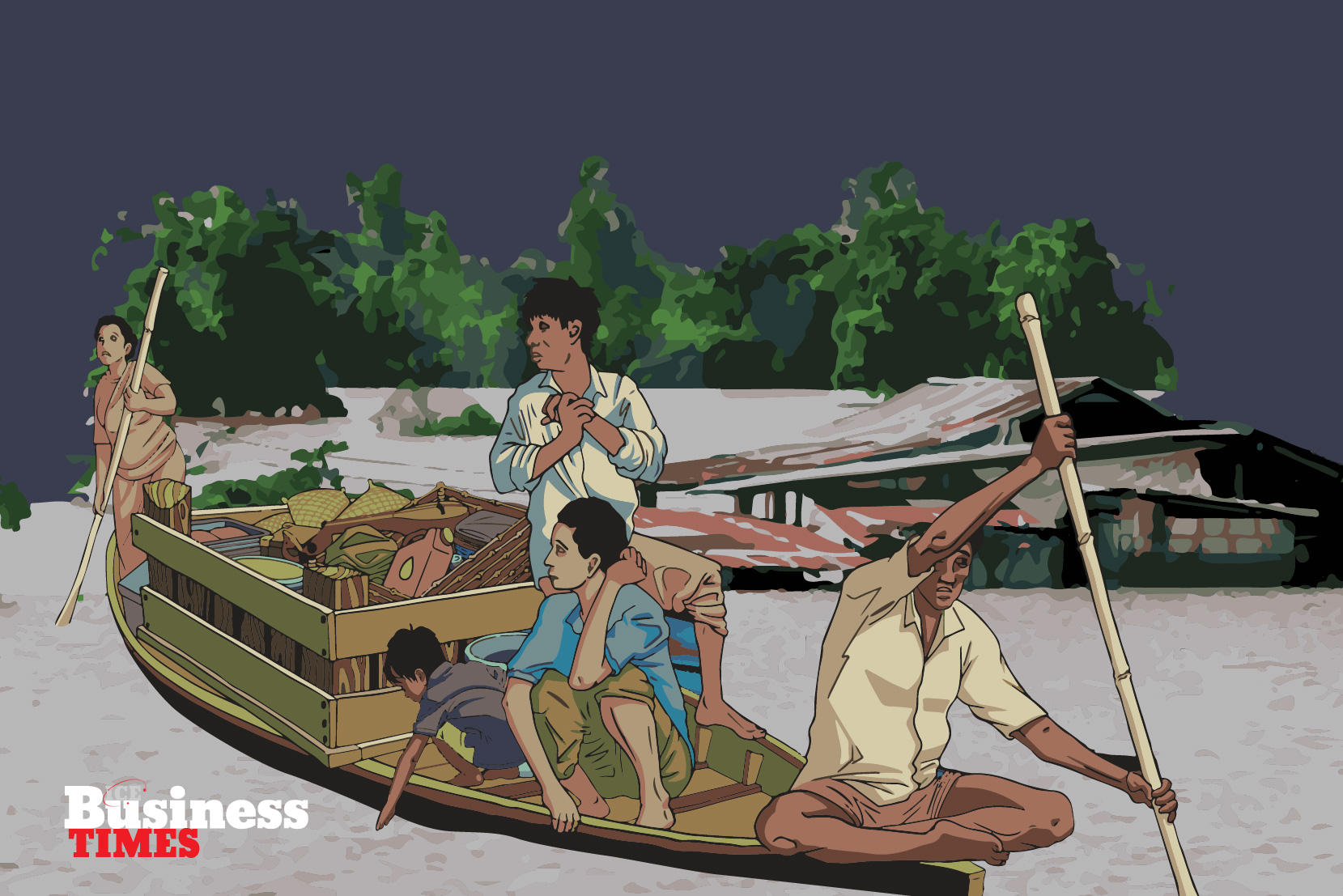The lack of focus on Bangladesh’s technical education sector has been the centre of heated debate for decades. As the pandemic continues to change the dynamics of the global economy, the sector is finally due for a much needed redevelopment.

Being a populous nation, Bangladesh has been plagued with various problems while undergoing social and cultural changes during the past two decades. On its path to economic recovery and growth, the country aspires to join the league of its middle-income neighbours. The government also recognises that these aspirations would require laying a solid foundation of high-quality education and skills to maximise the production potential of the country’s people, particularly its youth. To this end, it has made significant headway in increasing primary school attendance, particularly among females, and has invested in establishing a skills training program. When it comes to schooling, society has become very segmented. The system is more divided today than it was 30 years ago. There are English and Bangla-medium schools that lead to college and university education, technical vocational training, non-formal education, and madrassa education. These systems coexist in a society where people’s attitudes toward technical education remain negative, even though unemployment among university graduates is at an all-time high.
Despite these efforts, there are still many obstacles to overcome. Education is of poor quality and has little importance in the labour market. The nation’s education system is under-resourced, and it has not kept pace with changes in labour market demand. Bangladesh is implementing a skills training regime to make the youth more employable and to facilitate a skilled labour force for its growing manufacturing sector. The administration expects that focusing on skills training will achieve these goals in less time than it would take to revamp the educational system.
The nation’s education system is under-resourced, and it has not kept pace with changes in labour market demand. Bangladesh is implementing a skills training regime to make youth more employable and facilitate a skilled labour force for its growing manufacturing sector.
According to a 2014 survey conducted by the Economist Intelligence Unit and the British Council, Bangladesh had the lowest employability among university graduates in South Asia. One in three graduated youth in Bangladesh is unemployed. We are adding around one million new graduates every year to our already large unemployment population, which is exacerbating the problem. The number keeps on rising.
Experts suggest that more young people should lean towards vocational/technical/diploma education and be employed in Bangladesh’s growing manufacturing sector. This will help to reduce unemployment and allow industries to hire more skilled labour. Even though specific technical skills may be the best path ahead for the bulk of young people who will drive Bangladesh’s prosperity, we can still not recognise that a university degree is insufficient to meet the market’s specific expectations. Adding about one million new graduates every year to our existing unemployed population is further complicating the situation. There are just not enough opportunities in the market to accommodate thousands of graduates who wish to work as bankers or managers but lack the necessary qualifications. More committed practitioners and entrepreneurs are needed to enter the market and provide jobs for people.
The majority of efforts undertaken by the government, corporate training centres and non-government organisations (NGOs) aim to improve the skills of the economically disadvantaged. And it is also viewed that unskilled and impoverished kids are also thought to be entitled to ‘free’ training and easy work.
A good strategy will be to discover our youngsters’ skills and focus on providing them with specialised support to refine them and become marketable. They cannot turn themselves into being self-employed to support their families. These observations were made during a Bangladesh Institute of Development Studies survey, which revealed frightening facts. It reflects an average of 2.0 million students enrolled in NU-affiliated colleges.
As the world grapples with the COVID-19 pandemic, emerging countries such as Bangladesh, India, Pakistan, and Sri Lanka will see a surge in unemployment. Furthermore, due to the crisis, economic activity and working hours are falling at an unprecedented rate. Regarding the ILO report, the crisis would destroy 7.20% of working hours, or 125 million full-time jobs, throughout Asia and the Pacific, exacerbating the unemployment rate.
These findings demonstrate the seriousness of the problem of educated unemployment. It is an issue that policymakers should be aware of. A lack of job prospects could cause these issues, employees’ incapacity to meet employer demands or a significant incidence of gender discrimination. This increased number of new graduates could create uncertainty and frustration, increasing numerous social crimes such as theft, robbery, and social conflict.
As Bangladesh strives to become a middle-income country, it is becoming increasingly clear that demand-driven trades skills training is the key to increasing economic growth. It has been frequently stated in many papers that utilising our existing demographic dividend is critical in this regard. However, this is where the question of perception enters the picture. Technical and vocational training, sometimes known as skills training, is an education aimed at the economically disadvantaged and others. The majority of efforts undertaken by the government, corporate training centres and non-government organisations (NGOs) aim to improve the skills of the economically disadvantaged. And it is also viewed that unskilled and impoverished kids are also thought to be entitled to ‘free’ training and easy work.
A positive perception of skill improvement is what we are missing here. An underprivileged youth does not aspire to become a technician when seen as a menial job. They also aspire to be graduates and work in the white-collar sector. We haven’t seen a single marketing campaign that depicts someone from an affluent family doing a vocational training course and then running a successful firm. We also haven’t noticed any advertisements for young people using their technical skills to travel abroad and become highly proficient business people.
It would have been preferable if these students had been given a chance to pursue vocational and technical education, which would have prepared them for jobs in various sectors and services.
The difficulty here is to shift people’s perceptions of skill development. Regardless of a person’s financial or socio-economic background, practical talents should be respected. Bangladesh’s young people should aim to be practitioners who will power the country’s economic engine. To that purpose, more information on skills training should be available, and communities should encourage young people to pursue these professional careers. University education should not be viewed as the only route to becoming a ‘productive’ member. In vocational training, all students should have the opportunity to explore their interests. Breaking stereotypes and bridging the technical and academic education gap is now a priority. Universities should collaborate with private sector organisations to transform our youth into skilled human capital. Skills development training programs should be internationally recognised, and research universities should be provided with high-quality post-graduation facilities. Policymakers could solve these issues by directing university resources toward more in-demand vocational or technical education. Employers should encourage employees to work in various settings to put their skills to the best possible use. It should not be portrayed as a choice for those who cannot afford to invest in education and must instead rely on technical training.
More students should be encouraged to think outside the box, with fewer academic degrees and more practical knowledge, so that they can become highly skilled employees or job creators and do any of these jobs – both on their soil or abroad.















